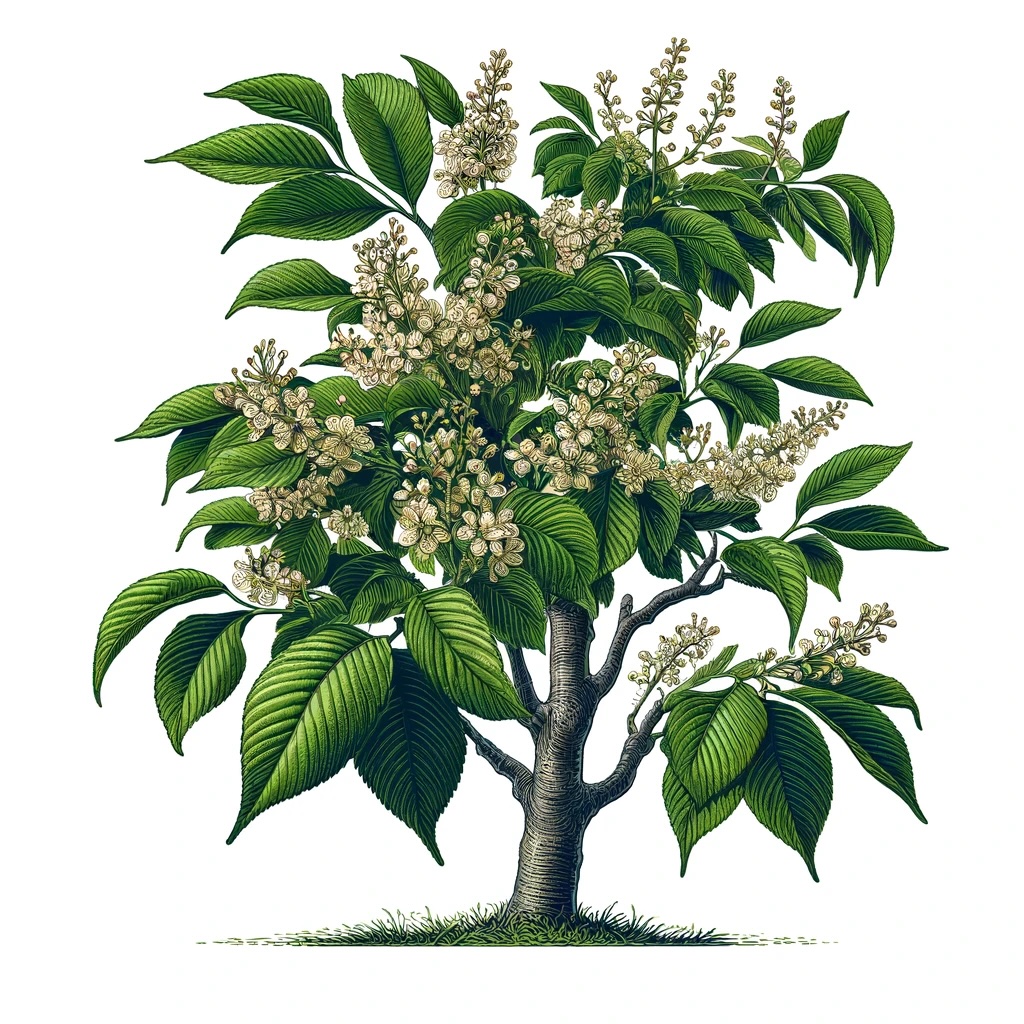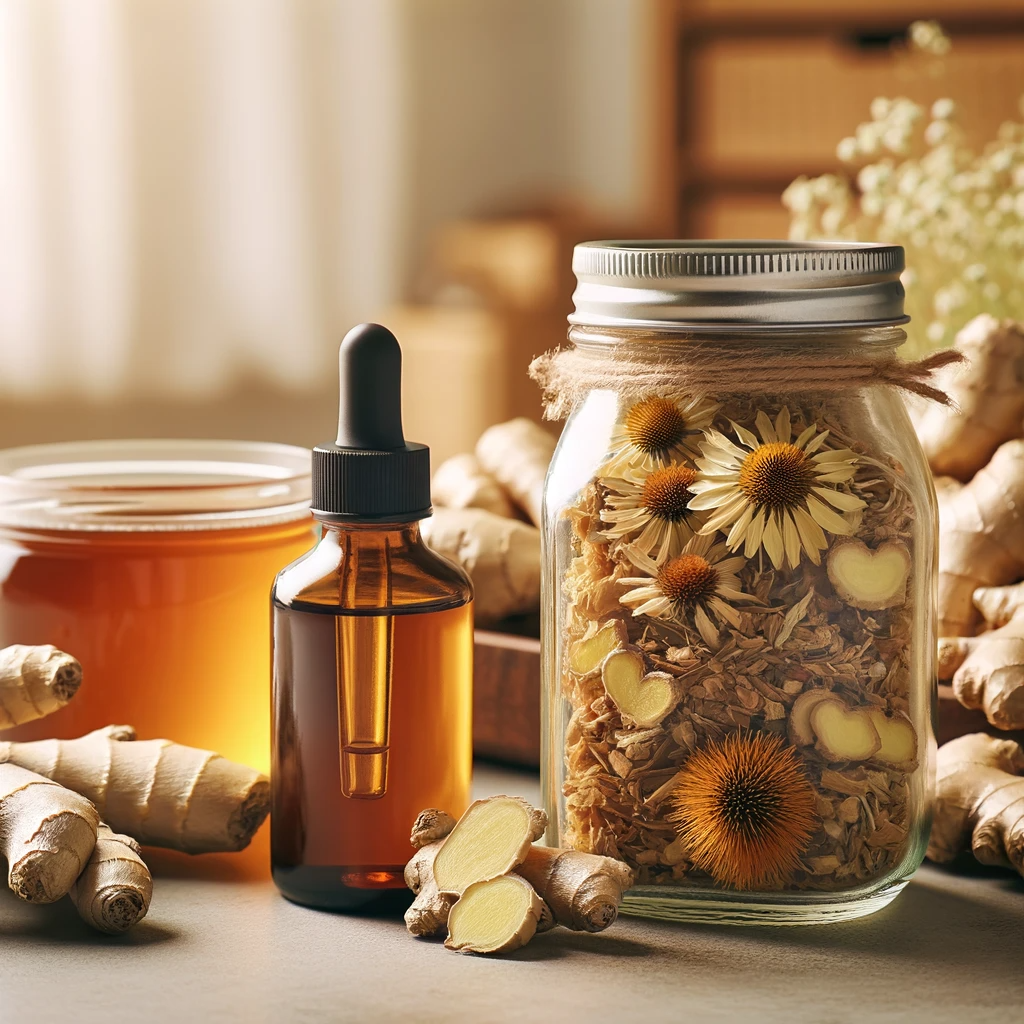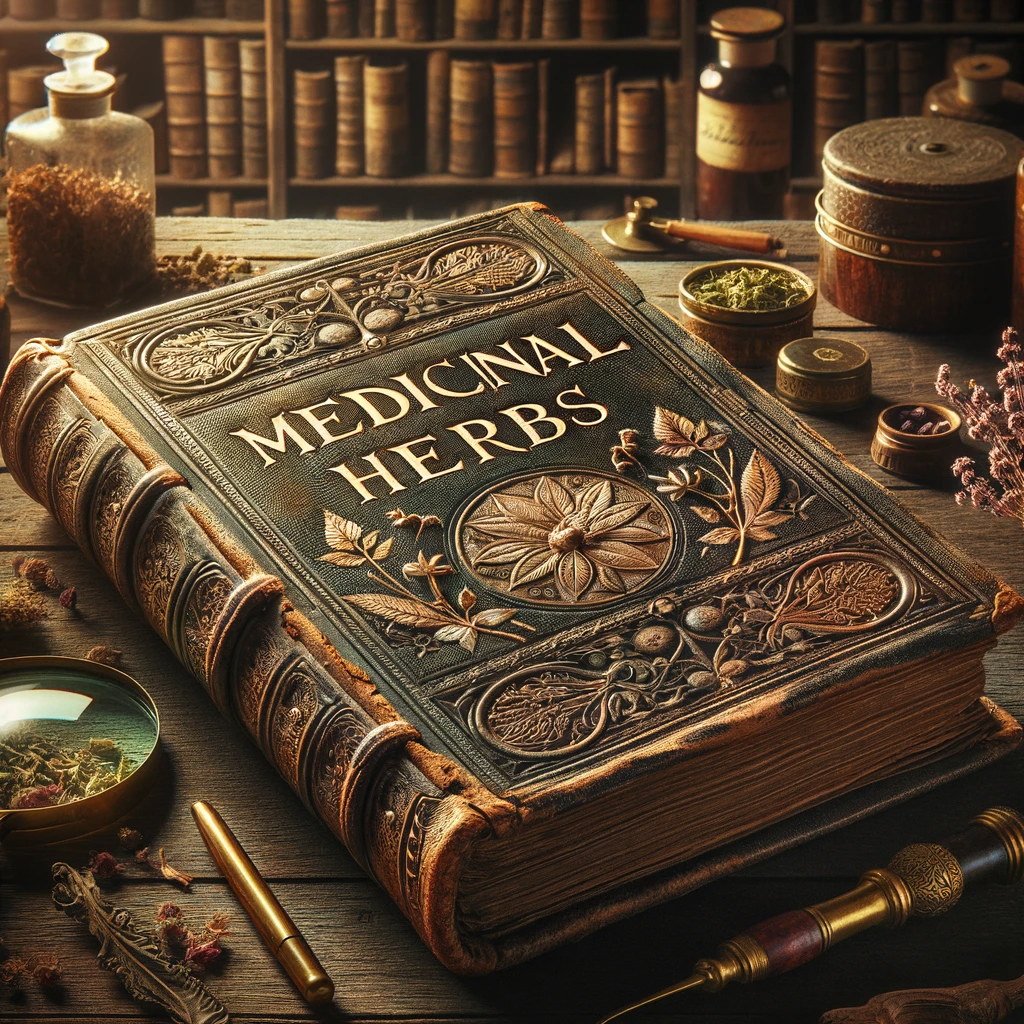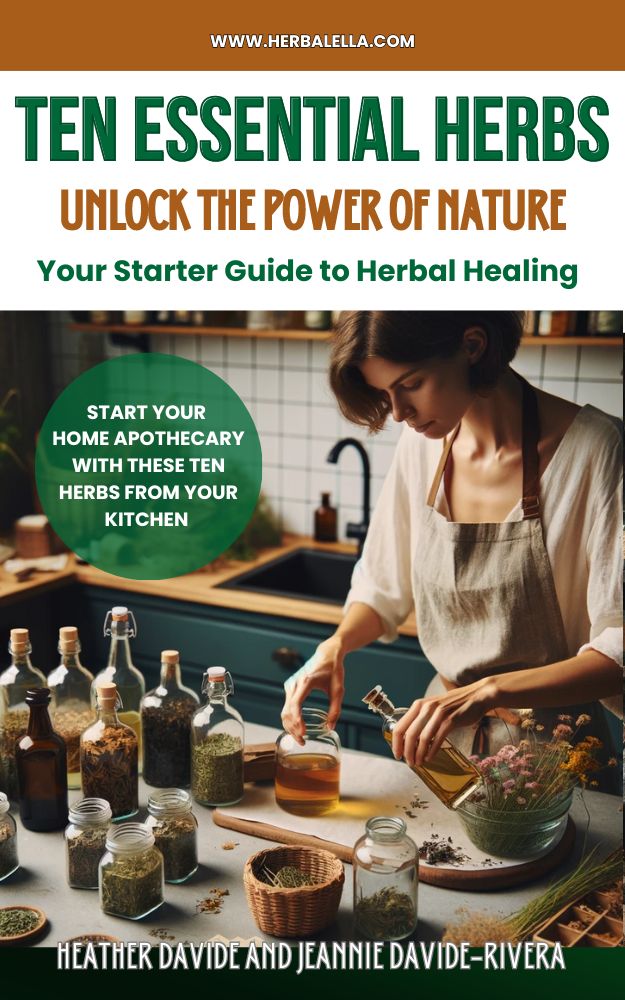This website contains affiliate links for products I use and love. If you take action (i.e. subscribe, make a purchase) after clicking a link, I may earn some tea money, which I promise to drink while creating more helpful content like this.
Nature's Beat: Top Herbs for Heart Health and Circulatory Support
THE CIRCULATORY SYSTEM
The body's transportation system, known as the cardiovascular system, is responsible for circulating gases, hormones, nutrients, and disease-fighting cells. This system is made up of three main parts: the heart, blood vessels, and blood, which contains plasma, red and white blood cells, and platelets.
Taking care of our cardiovascular health should be a top priority. The food we eat, our level of physical activity, and the amount of stress in our lives are all factors that can contribute to common cardiovascular issues such as hypertension, hyperlipidemia, hypercholesterolemia, diabetes, and heart disease prevention. Shockingly, almost half of all adults - around 121 million people - have been diagnosed with at least one form of cardiovascular disease. In ancient times, doctors used medicinal herbs to try and prevent or treat these problems. Even today, modern herbalists still rely on some of these age-old remedies, along with new additions, in their arsenal of plant-based treatments for heart health.
In this section, we will delve into herbal remedies and plant allies that support a healthy circulatory system.
TEA - A CIVILIZED CURE
Next to water, tea is the second most popular drink worldwide. The three main types of tea - green, oolong, and black - are distinguished by differences in how the dried leaves are processed.
Green tea has long been used in traditional Chinese and Indian herbal medicine for its stimulating properties. It is also known as a diuretic and astringent, helpful in controlling bleeding and promoting wound healing. In addition, it is considered a tonic for heart and blood vessel health benefits. Green tea was historically given to improve digestion and regulate blood sugar levels.
Research on humans, animals, and in labs has shown that green tea can aid in preventing coronary heart disease. People who consume five or more cups of green tea per day have a reduced risk of strokes and heart attacks. It may also help lower cholesterol levels and manage diabetes by regulating blood sugar. Additionally, green tea has anti-inflammatory effects that can benefit those with inflammatory bowel disease. Some studies suggest it can aid weight loss and even inhibit the growth of certain types of cancer.
BILBERRY - A BLUE CLUE TO CARDIOVASCULAR HEALTH
Related to the blueberry, bilberry is a deep purple fruit that is popular among both humans and birds. For centuries, bilberry has been used as both a source of nutrition and a form of medication. Its sweet yet tart flavor makes it appealing to eat, and its ability to alleviate digestive issues has been well-documented. This is likely due to the tannins present in the fruit, which have anti-inflammatory properties. Bilberry is high in anthocyanosides, plant pigments that act as antioxidants in the body and may help prevent heart disease, oxidative stress, and inflammation. While there are no known negative effects of consuming bilberry, it should not be used as a substitute for proper medical treatment.
CINNAMON - A STABILIZING SPICE
It's a common spice found in many households, but cinnamon may have more benefits than just adding flavor to food. It is believed to improve circulation and promote blood flow to the extremities. Recent studies suggest it may also have an insulin-like effect in the blood, potentially aiding those with type 2 diabetes. It has shown potential in lowering cholesterol levels, although further research is necessary to confirm these effects.
REMEDIES FOR HEART HEALTH
TASTY WAYS TO STAY HEALTHY
Cacao
Research has shown a positive correlation between consuming chocolate and improved cardiovascular health. The main beneficial effects of chocolate come from polyphenols, a group of antioxidants and anti-inflammatory compounds. These compounds are also found in other sources such as green tea, red wine, and various fruits and vegetables.
When consumed in moderation, dark chocolate has been found to lower blood pressure and reduce levels of LDL "bad" cholesterol in the blood. Additionally, it may decrease the risk of heart attacks by slowing the formation of blood clots. New studies have even suggested that regular consumption of chocolate could increase an individual's chances of surviving a heart attack.
GINKGO - A PREHISTORIC PRESCRIPTION
Having existed for over 200 million years, Ginkgo biloba leaves and seeds have been a well-known herbal remedy for centuries. These plants contain powerful antioxidants known as glycosides that protect nerve cells, as well as terpene lactones which can reduce inflammation. Ginkgo is typically used to improve circulation and alleviate pain associated with peripheral vascular disease. Research indicates that ginkgo can also enhance the functioning of arteries.
HAWTHORN - A HEART'S BEST FRIEND
While traditionally used as a decorative shrub, hawthorn now has a variety of applications related to heart health. It has been shown to assist with improving cardiac function and relieving symptoms such as shortness of breath and fatigue in individuals with congestive heart failure. Additionally, it may provide relief from chest pain caused by reduced blood flow to the heart. According to research, hawthorn aids in promoting efficient blood circulation throughout the heart, ensuring that muscle cells receive ample oxygen. Herbal specialists also suggest its use for managing high blood pressure, elevated cholesterol levels, and the buildup of fatty deposits within blood vessels that can lead to atherosclerosis.
HIBISCUS - A TROPICAL CURE
Known by various names such as hibiscus, roselie, Jamaican sorrel, and queens-cranberry, Hibiscus sabdariffa is widely grown in tropical regions. Its specific origins are unknown, but it was introduced to the New World by enslaved individuals from Africa. Hibiscus's potential in promoting cardiovascular health has caught the attention of researchers. Studies have demonstrated its strong antioxidant properties and positive impact on blood pressure and cholesterol levels. One reason for this may be its diuretic effects, along with its ability to suppress angiotensin-converting enzyme (ACE), a compound that contributes to higher blood pressure.
HORSE CHESTNUT - SEEDS OF HEALTHY CIRCULATION
Horse chestnut bark and fruit have a long history in folk tradition as ingredients for topical ointments, particularly known for their ability to relieve hemorrhoids and reduce swelling from sprains and strains. In modern Europe, horse chestnut seed extract (HCSE) is widely used to treat various vascular conditions, including sports injuries. Interest in the extract's medicinal properties is also growing in the United States, with herbal practitioners and physicians often recommending it for chronic venous insufficiency (CVI), a condition characterized by leg pain, swelling, varicose veins, and skin ulcers.
Embracing the wisdom of nature offers a promising path toward enhancing our cardiovascular health. The herbs and natural remedies highlighted, from the antioxidant-rich green tea and bilberry to the circulation-supporting ginkgo and heart-strengthening hawthorn, represent just a glimpse into the vast arsenal of plant-based allies available to us. Incorporating these into our daily routines, alongside a balanced diet, regular exercise, and stress management, can lead to profound improvements in heart health and overall well-being. As we continue to explore and validate the efficacy of these ancient remedies with modern science, let us remain open to the possibilities that nature holds for preventing and treating cardiovascular conditions. Remember, while herbal supplements can offer significant benefits, they should complement, not replace, the advice and treatment plans provided by healthcare professionals. Together, let's nurture our hearts with the best care, guided by both tradition and research, for a healthier, happier life.
The information provided on this website is for educational purposes only, and is not FDA approved. It is not to be considered health advice. Always do your own research and seek the guidance of a qualified healthcare practitioner before working with any herb. Herbal Ella is not liable for any action or inaction you take with the materials and information provided. Read here for more information.
Recent Articles
-
Wild Cherry Monograph: Wild Cherry: Nature's Respiratory Ally
May 02, 24 04:52 PM
Discover the healing potential of Wild Cherry with our comprehensive monograph. Explore its benefits and uses for respiratory health. -
DIY Herbal Remedies for Respiratory Health
May 02, 24 03:46 PM
Explore easy DIY herbal remedies for respiratory health with Herbal Ella. Learn to make teas, tinctures, and more to breathe better naturally -
Understanding the Respiratory System - Anatomy and Functions
May 02, 24 03:23 PM
Discover the respiratory system's anatomy and functions with clear visuals and simple explanations to keep you breathing healthily
* Privacy Policy * Disclaimer *










